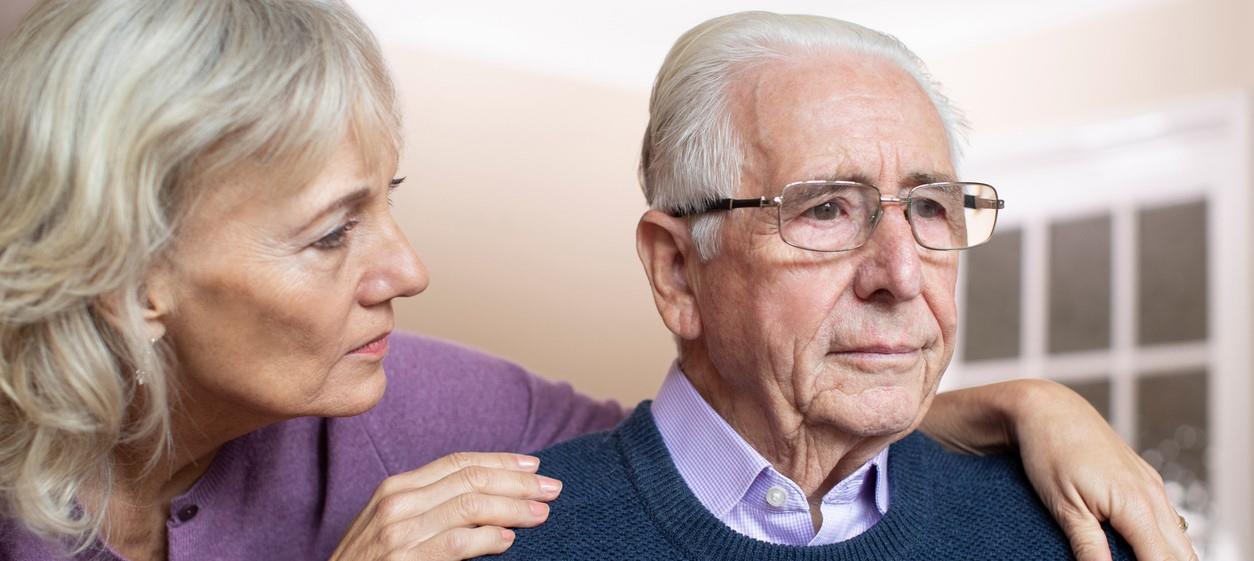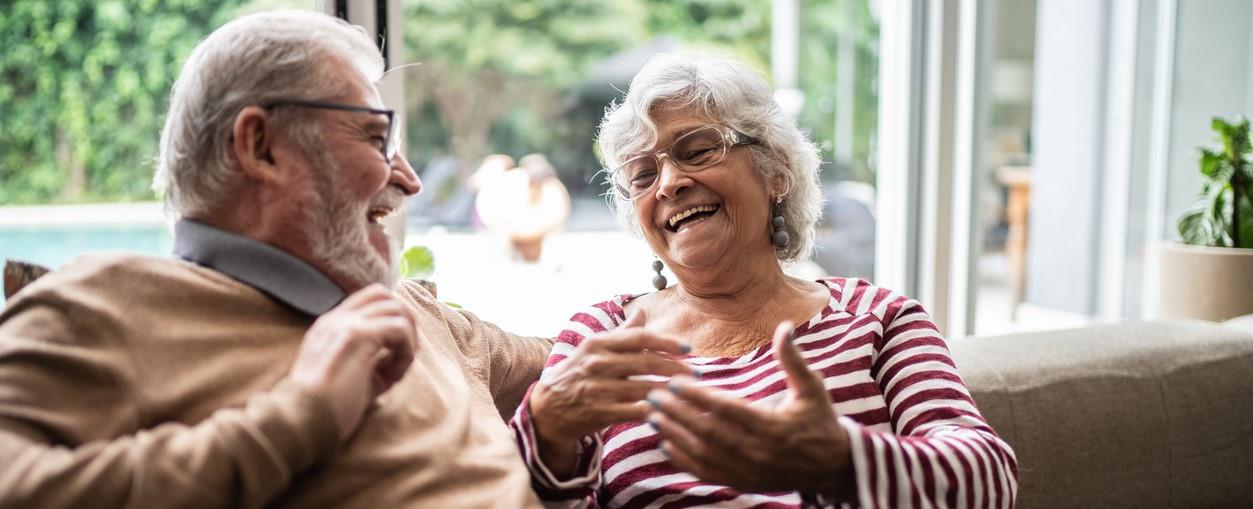Dementias and Neurodegeneration


Summary
We support and deliver clinical research studies on all stages and types of dementia and neurodegeneration.
Areas of focus
Areas of focus include:
- Alzheimer’s disease
- Lewy body dementias
- vascular cognitive impairment
- mixed dementias
- frontotemporal dementia
- neurodegenerative conditions like Parkinson’s, Huntington’s and Motor Neurone Disease
- Studies span the full translational research pathway
We support researchers from across a range of disciplines including:
- neurology
- old age
- psychiatry
- geriatric
- medicine genetics
- general practice
- psychology
- nursing
- other allied health professions
We deliver research across a wide range of health care settings, including primary and community care, mental health services and acute hospitals.
Speciality leads
The Clinical Research Network (CRN) National Specialty Leads are:
- Professor John O’Brien - lead for dementias
- Dr Camille Carroll - lead for neurodegenerative disease
Dementia Translational Research Collaboration
We work with industry, academics and partners to translate discoveries into clinical practice and improve the diagnosis and treatment of dementia. Find out more:
Dementia Translational Research Collaboration
Funding opportunities / funding calls
See the latest funding opportunities for dementias and neurodegeneration research
Associate Principal Investigator (PI) Scheme
If you’re a healthcare professional, you could be eligible for our Associate PI Scheme
Help with research
Through the Clinical Research Network (CRN), you can get help with:
- planning and delivering your research to achieve the greatest impact
- recruiting patients for your study
- costs for your study, if you are eligible. This could include money for extra staff, facilities or equipment
Find out more about the Services to support study delivery
Latest news about Dementias and Neurodegeneration
Case studies
Latest blogs about Dementias and Neurodegeneration
3
custom_in_specialty
10436
images
3
custom_in_specialty
10436
images
3
custom_in_specialty
10436
images









